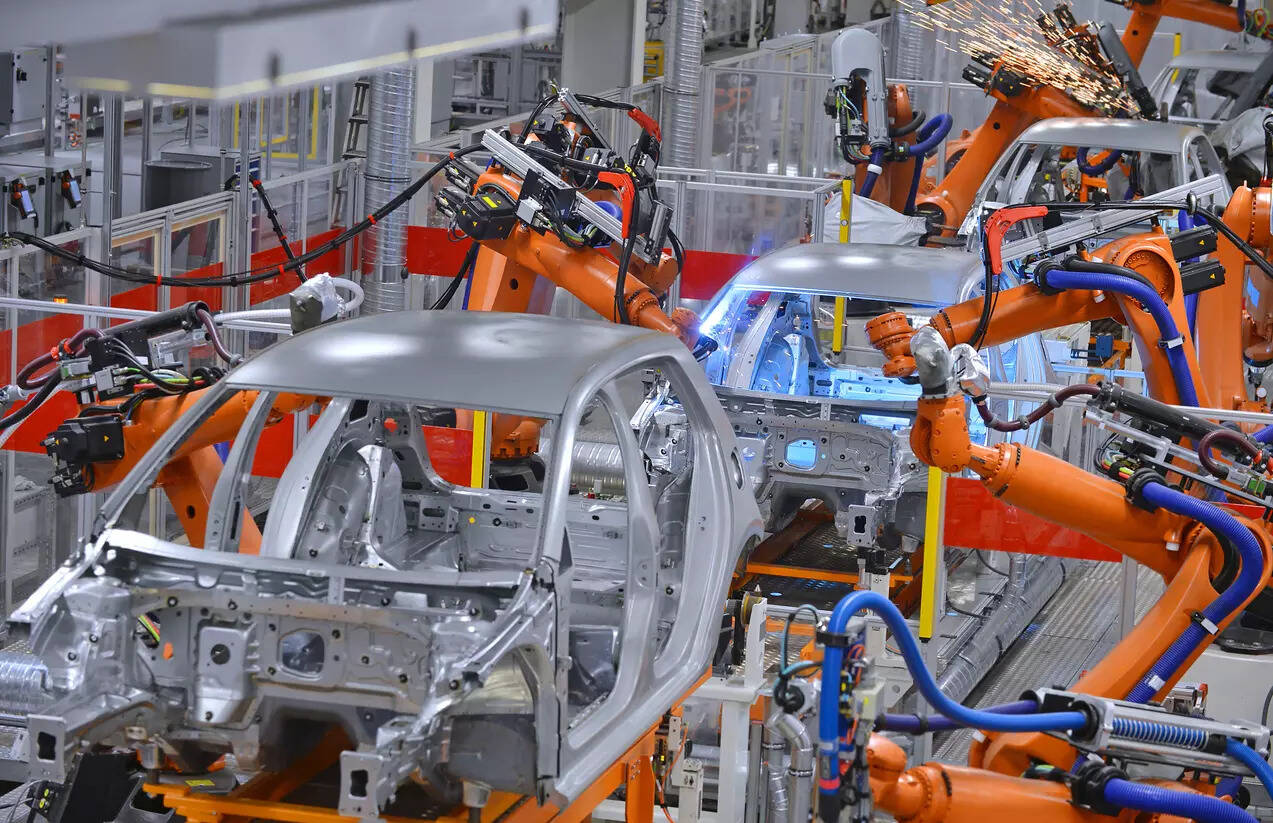
India’s electric car market continues to rely heavily on Chinese imports, with the vast majority of models failing to meet the domestic value-addition thresholds mandated under the government’s Production-Linked Incentive (PLI) scheme. According to a Times of India report, only six out of 46 electric vehicle (EV) models sold in the country — around 13 per cent — have been found eligible for incentives.
The remaining 87 per cent were deemed ineligible due to high imported content, largely sourced from China, industry sources told TOI.
Under the Ministry of Heavy Industries’ PLI scheme announced in September 2021, automakers must achieve at least 50 per cent domestic value addition (DVA), or 40 per cent if excluding battery cells, to qualify for benefits. A Phased Manufacturing Programme, similar to FAME-II, is also mandated.
Only Tata Motors and Mahindra models make the cut
The government has approved six EV models for incentives — five from Tata Motors and one from Mahindra. These include the Tata Punch EV, Nexon EV, Harrier EV, Tiago EV and Tigor EV, along with Mahindra’s XEV9E.
Several other high-profile models, including those from JSW MG, BMW, Mercedes-Benz, Hyundai, Kia, Citroën, VinFast, Volvo, Tesla and Audi, were found to contain over 60 per cent imported components.
Interestingly, Tata’s Curvv EV and Mahindra’s BE.6 model failed to meet the localisation criteria despite their manufacturers having other approved models.
Automakers whose models were excluded cite India’s underdeveloped EV supply ecosystem as a key challenge.
“The local supply ecosystem for EVs is still not as evolved as it is for internal-combustion engine vehicles. With limited sales, it is difficult and commercially unviable to expect supply chain partners to set up local manufacturing,” a senior executive at a European automaker told TOI.
What India’s EV makers still import
EV manufacturers continue to depend on China and Taiwan for a range of essential components, including lithium-ion battery cells, rare earth magnets, DC motors, laminated stators, semiconductor chips, PCBs, electronic child parts, connectors, contactors, relays and DC-DC converters.
These components form the backbone of EV powertrains and electronics. A PwC study cited in the report highlights that batteries, motors, power electronics and software — which together make up 50–60 per cent of an EV — largely lack local manufacturing capacity.
Government push vs industry reality
The PLI scheme aims to build 50 GWh of battery manufacturing capacity with 60 per cent value addition over five years. However, experts say progress may be slow given high capital investment needs and the complexities of cell technology.
India’s broader automotive sector has long emphasised localisation, but the EV segment poses unique challenges. Components such as advanced chemistry cells, rare earth magnets and high-voltage electronics have limited or no domestic production. Even locally assembled BLDC motors depend on imported child parts to remain cost-effective.
Black-box assemblies — critical power electronics modules — are also difficult to localise without significant OEM or Tier-1 capabilities.
Path to reducing import dependence
While the government’s policies aim to reduce dependence on volatile global supply chains and promote local manufacturing, industry experts believe that collaboration, long-term investments and supply chain partnerships will be essential to accelerating localisation.
With EV adoption rising — their share in car sales is nearing 5 per cent — the pressure to develop a robust domestic ecosystem is mounting. Strengthening local capabilities will be critical for India to insulate its EV industry from price shocks and to position itself as a global manufacturing hub.
